How the Swedish approach on the neonatal unit could help empower north-east families
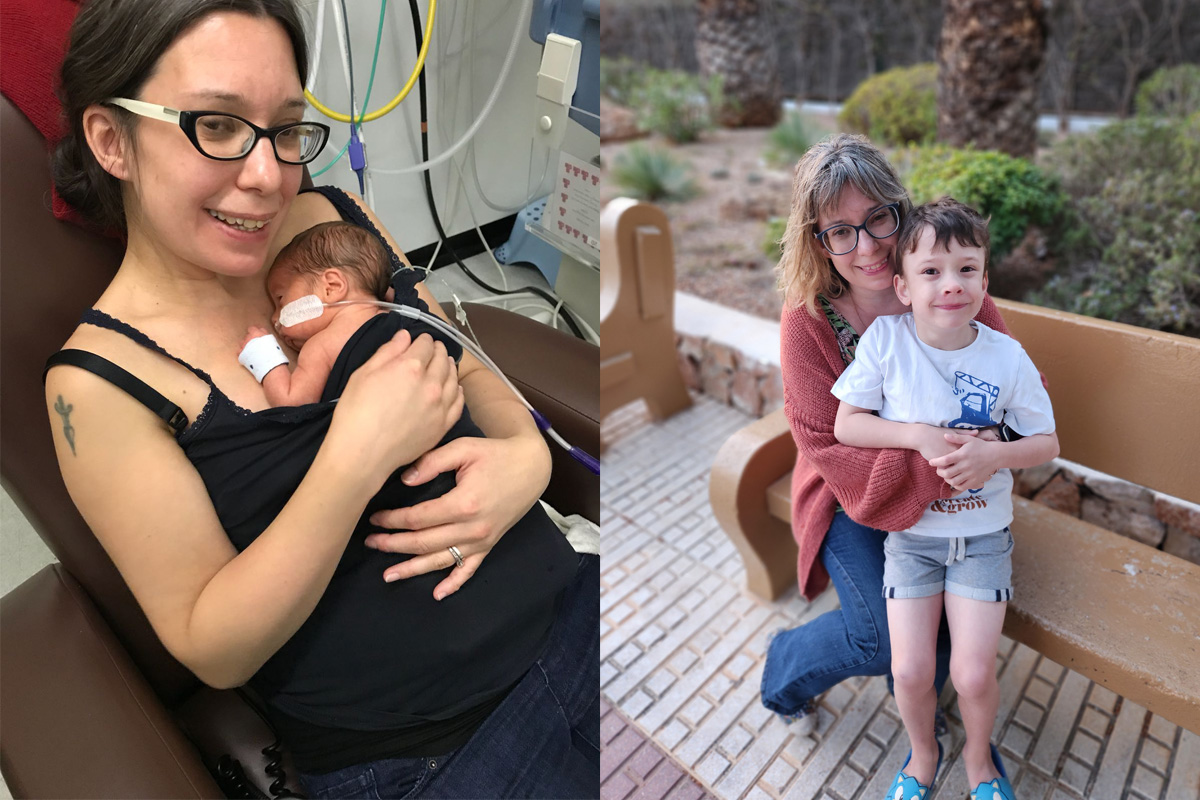
A University of Sunderland(@sunderlanduni) lecturer whose baby was born pre-term is hoping her research into how Sweden’s approach to supporting babies and their families on the neonatal unit will benefit parents in the north-east.
In 2017, Dr Rachel Collum was “thrown into the neonatal world” when her son was born almost 11 weeks early, weighing just 2lb 10oz.
Rachel, who lectures in Psychology at the University, said:
“As first-time parents, it was terrifying. No parent expects to be changing tiny nappies through an incubator porthole or having to watch as their baby is pierced with needles and cannulas.
“The most difficult part of being on the neonatal unit was having to ask permission for a cuddle (often to be told that our baby wasn’t stable enough) and needing to leave our baby in the care of practical strangers every night when we had to go home.”
It was this experience, which Rachel describes as a “violation of parenthood”, which has inspired her to work with other families experiencing neonatal stays to ensure that they receive quality Family Integrated Care (FICare) – where families work in true partnership with professional teams.
“I want to make sure no parent feels like an outsider in the care of their own baby,” Rachel said.
“We’re already seeing some fantastic examples of best practice across our region and are really hopeful that, the more we have these conversations where parents can share their perspectives in partnership with neonatal teams, the more deeply embedded FICare will become as standard.”
Rachel recently hosted an interactive workshop in collaboration with the Northern Neonatal Network and Neonatal Nurses Association, to share her findings from a previous trip exploring FICare practices in Sweden – and how elements of the country’s gold standard FICare practice can be implemented in our region’s neonatal units.
The Swedish FICare approach covers areas including the language practitioners use, how parents are included in ward rounds, and the skills that parents are supported to learn when caring for their babies.
Rachel said:
“It’s about acknowledging and supporting that parents are not visitors but should be a core part of the care team and involved in all decisions and cares of their baby. This means moving away from concepts like ‘being allowed’ or ‘asking permission’ and empowering families to feel confident that their baby belongs to them.”
Twenty-four parents and neonatal staff attended Rachel’s workshop at the University’s Murray Health building, City Campus.
Videos were played of two parents sharing their experiences of being in a neonatal intensive care unit and the difference receiving quality FICare would have made to them and their families.
These powerful testimonies led to round table discussions, where each table was facilitated by a parent who has experienced being on a neonatal unit.
Rachel said:
“It was such a great day. Each group had some fantastically honest discussions about some of the barriers and difficulties of implementing FICare, but also used the opportunity to share some of the excellent practices already happening across our region. The day finished with everyone making a pledge to do one small thing in their practice to embed FICare, and we will be following the impact of this over the coming months with follow-up surveys and workshops.”
Rachel is one of 11 academic researchers at the University of Sunderland to be awarded Impact funding in preparation for the Research Excellence Framework (REF) 2029, the UK’s system for assessing the quality of research in UK higher education institutions.
The funding is used to grow the impact of their work and evaluate the difference it makes beyond the University. Rachel is using her funding to evaluate a training package for neonatal staff across the north-east region
Rachel is Chair of the Northern Neonatal Network Parent Advisory Group; Family Advocacy and Support lead for the British Association of Perinatal Medicine and works closely with the charity Tiny Lives.


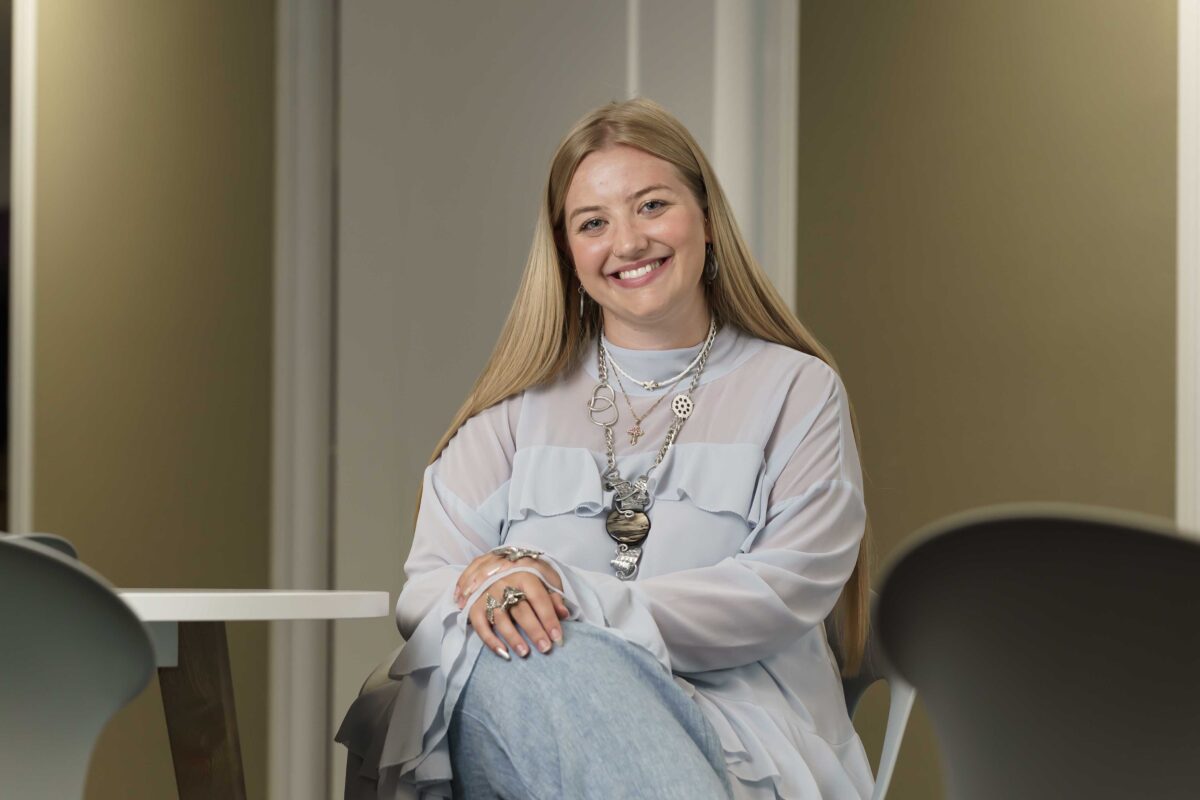
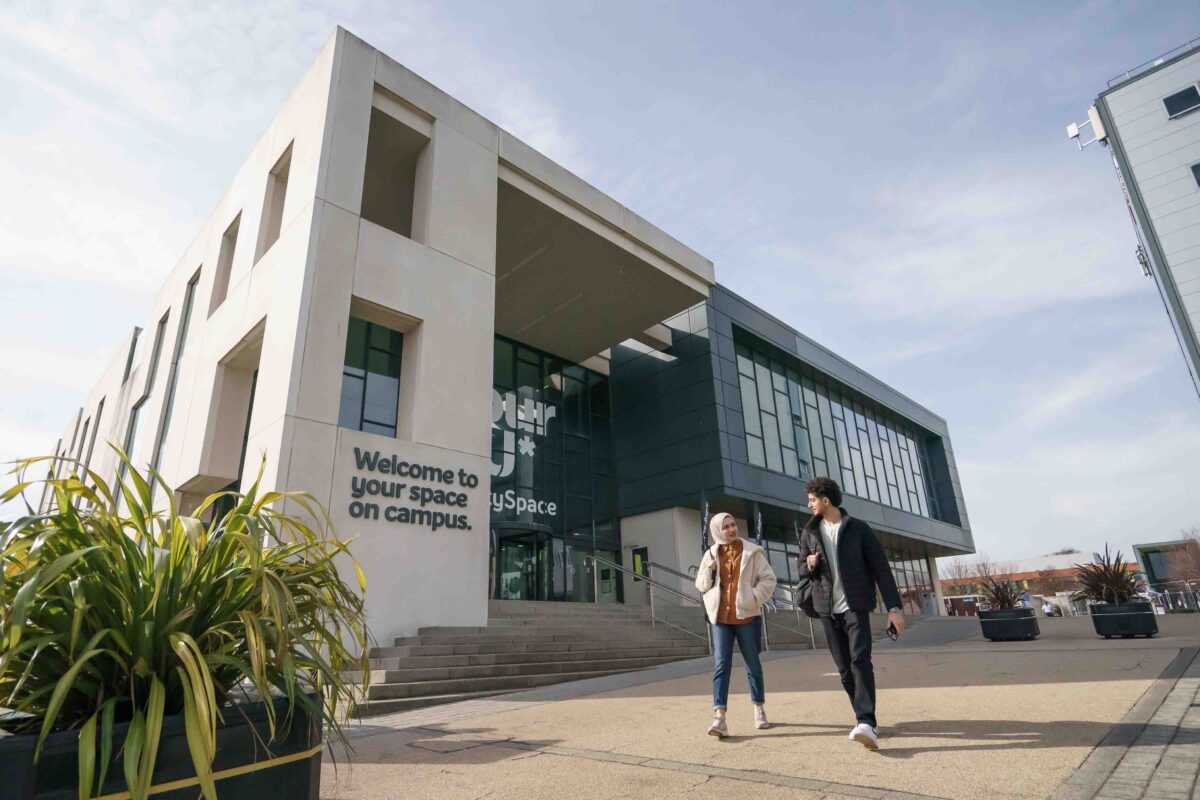



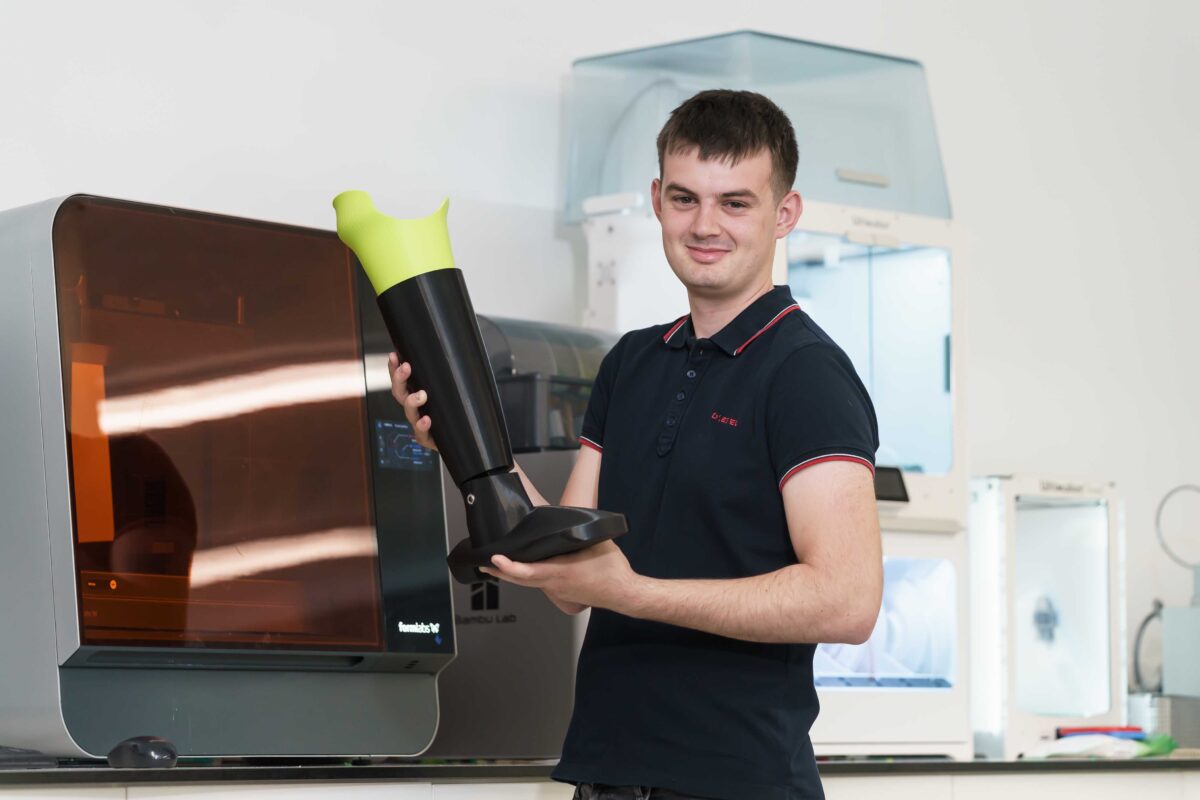
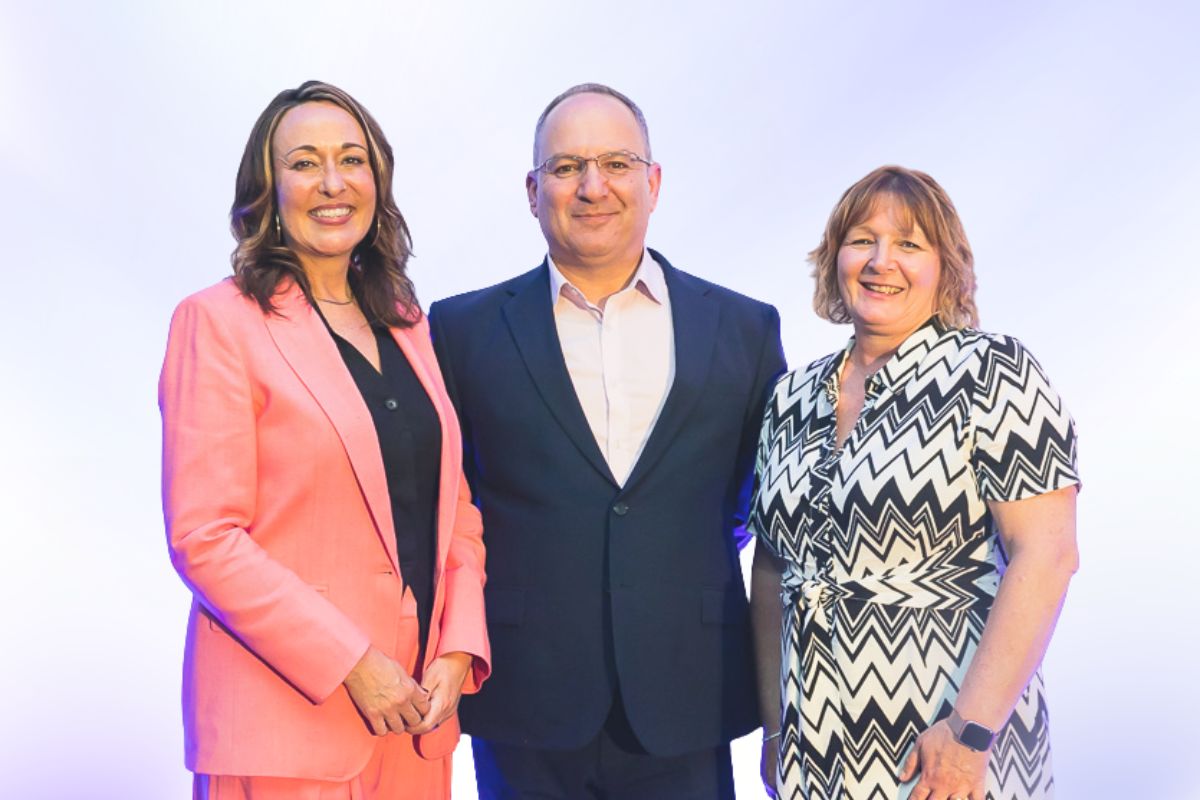
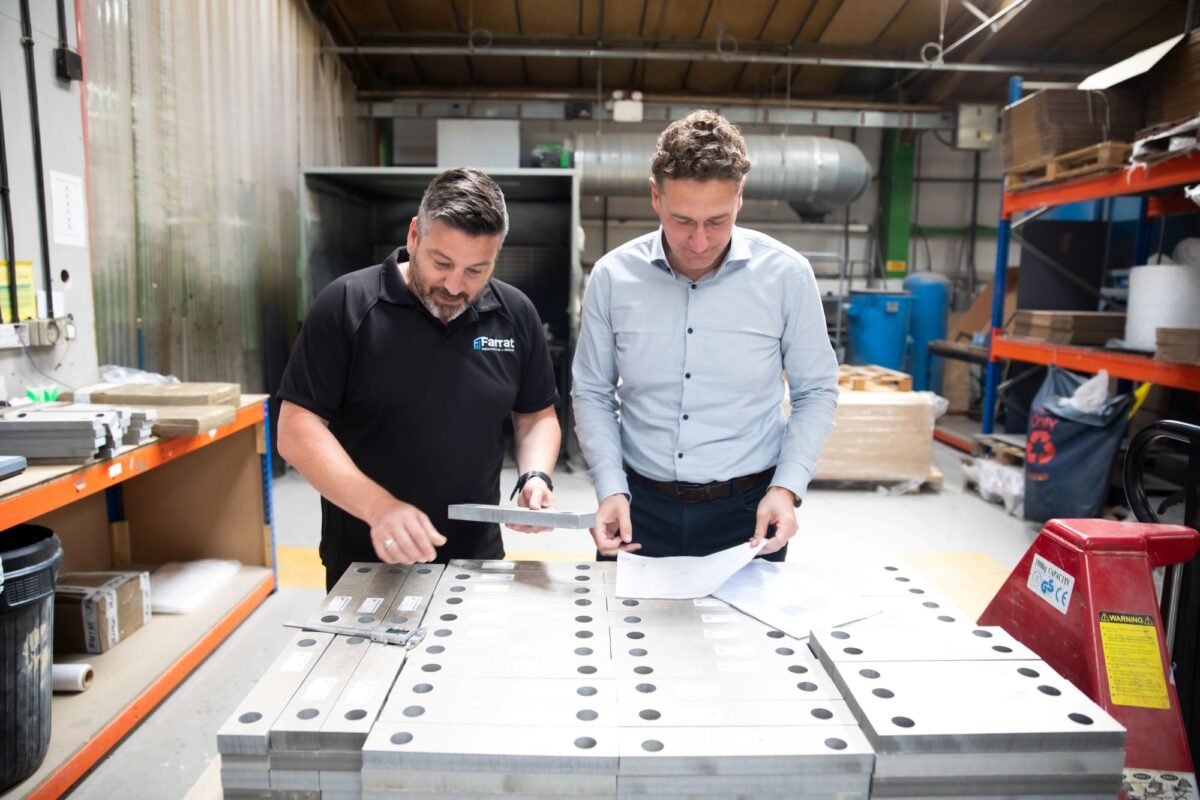

Responses